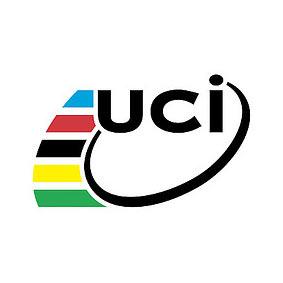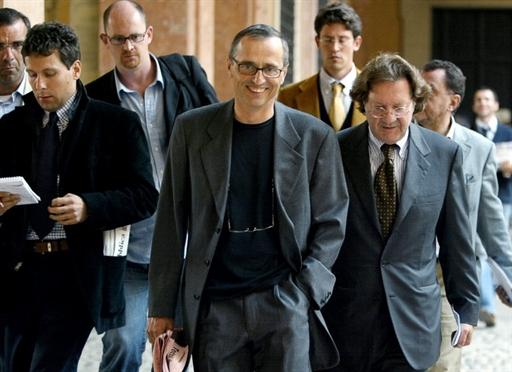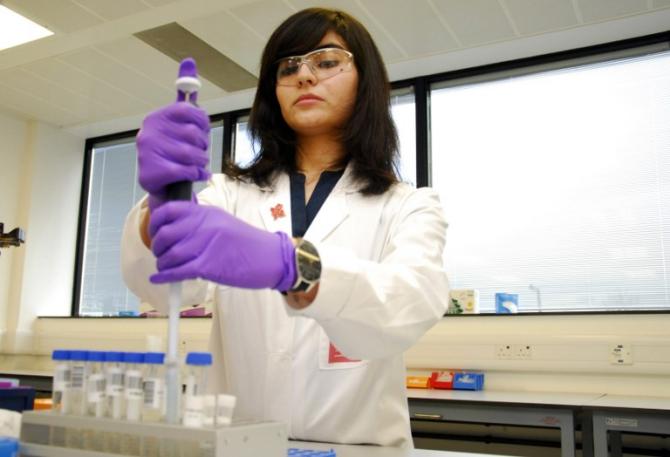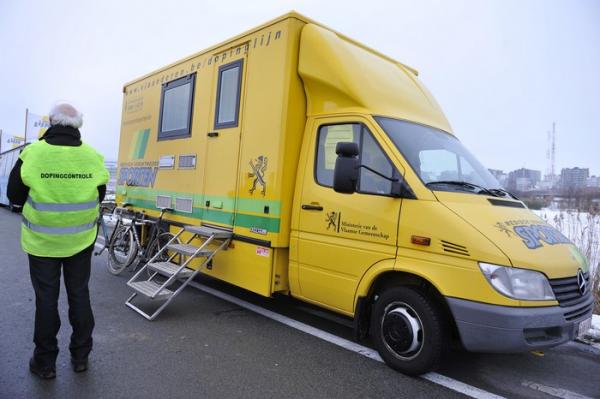UCI revamps anti-doping regulations for 2015
Teams can suffer from riders' doping, association with banned individuals




The UCI's new Anti-Doping Regulations for 2015 were published this week, bringing its rules in line with the new World Anti-Doping Agency (WADA) Code. The massive revamp of the rules now includes more explicit consequences for riders associating with banned individuals, a 10-year statute of limitations (up from eight), four-year bans for serious doping cases, the ability to impose anti-doping rule violations (ADRV) on individuals based upon third-party testimony, and gives more clarity on Therapeutic Use Exemptions. The UCI rules now allow it to fine and ban teams for incurring multiple doping violations.
Ferrari, Del Moral and Marti banned for life in US Postal case
Pozzato set to face CONI over Ferrari relationship
Four-year Ferrari investigation handed over to CONI
Cookson calls Astana links to Ferrari 'very serious'
Ferrari responds to Padova allegations
Cookson 'still determined to act' on Astana WorldTour licence
Whereas the previous rules only punished teams for an individual rider's ADRV in relation to a team competition, such as a team time trial or team pursuit, by disqualifying the result, the new regulations allow the UCI to fine a WorldTour or Professional Continental team five per cent of their annual budget upon the second and the third confirmed doping sanctions in a 12-month period, and the team can be suspended from international competition for a period of 15-45 days upon the second notification of an ADRV, depending on a decision by the UCI Disciplinary Commission.
The consequences to teams comes with a number of caveats: the team can have its suspension lifted if it can establish that at least one ADRV has no reasonable prospect of being upheld, if at least one of the cases was of no fault to the rider (for example, Daryl Impey's probenicid positive), or "at least one ADRV was committed by the rider with no involvement of any Team member or staff, and that the Team applied all due diligence and took all measures that could reasonably be expected in order to avoid the commission of ADRVs".
The revised rules do allow for cases that took place under the previous rules to be considered for multiple violations, such as Astana's recent series of anti-doping violations. Therefore, Brian Cookson's comment that the team is "drinking in the last chance saloon" now has more concrete meaning.
Thanks to the new WADA code, the UCI can now impose four-year bans for ADRVs, but riders can get a break - if they promptly admit to doping, they can have their ban reduced to two years, "depending on the seriousness of the violation".
Banned associations
The new anti-doping regulations apply to everyone participating in cycling events in any capacity, and anyone associated with teams, support or preparation of riders, whether they have a UCI licence or not. The new rules are more emphatic in stating that any association by riders with a banned individual "in a professional or sport-related capacity" can result in an ADRV.
Get The Leadout Newsletter
The latest race content, interviews, features, reviews and expert buying guides, direct to your inbox!
The specific language in the rules allows for a rider to be punished for associating not only with someone who has been banned for an ADRV, like Michele Ferrari, but also anyone who has been "convicted or found in a criminal, disciplinary or professional proceeding" to have done something that would constitute an ADRV if the rules had been applied to them.
The UCI also included a provision for applying the rules to individuals who are a "front or intermediary" for a banned person, which would mean anyone associating with Michele Ferrari's son Stefano could be subject to a ban.
However, the UCI specifies that riders will be given ample warning before they will be punished. "In order for this provision to apply, it is necessary that the Rider or other Person has previously been advised in writing by an Anti-Doping Organization with jurisdiction over the Rider or other Person, or by WADA, of the Rider Support Person’s disqualifying status and the potential consequence of prohibited association," the rules state.
In a comment, the UCI is explicit in stating that the excuse of contacting individuals such as Ferrari 'only for training', used by the likes Filippo Pozzato, will no longer fly. "Some examples of the types of association which are prohibited include: obtaining training, strategy, technique, nutrition or medical advice; obtaining therapy, treatment or prescriptions; providing any bodily products for analysis; or allowing the Rider Support Person to serve as an agent or representative. Prohibited association need not involve any form of compensation," the UCI writes in a comment.
Witness testimony can lead to ban
The UCI also clarifies that the rules allow for athletes to be banned based upon third party testimony, opening the door for more cases like the one that resulted in the lifetime bans of Lance Armstrong, Michele Ferrari, Johan Bruyneel and three others based upon compiled witness statements.
"Use or Attempted Use may also be established by other reliable means such as admissions by the Rider, witness statements, documentary evidence, conclusions drawn from longitudinal profiling, including data collected as part of the Rider Biological Passport, or other analytical information which does not otherwise satisfy all the requirements to establish "Presence" of a Prohibited Substance under Article 2.1," a comment reads.
Therapeutic Use Exemptions for all
The UCI also reworked the entire section revolving around the Therapeutic Use Exemption (TUE), which allows some drugs normally banned in-competition to be used provided there is a medical necessity.
TUEs for International Riders must now be obtained from the UCI, although if a TUE that has already been obtained from a National Anti-Doping Organisation meets the UCI requirements, the UCI will recognize it.
Riders who aren't normally part of a testing pool or who dabble in international events need not worry: if the UCI chooses to test a non-international or national-level rider, and they are using a prohibited substance out of medical necessity, they can apply for a retroactive TUE, but the language allowing for retroactive TUE's in some exceptional cases for professionals has been removed.

Laura Weislo has been with Cyclingnews since 2006 after making a switch from a career in science. As Managing Editor, she coordinates coverage for North American events and global news. As former elite-level road racer who dabbled in cyclo-cross and track, Laura has a passion for all three disciplines. When not working she likes to go camping and explore lesser traveled roads, paths and gravel tracks. Laura specialises in covering doping, anti-doping, UCI governance and performing data analysis.